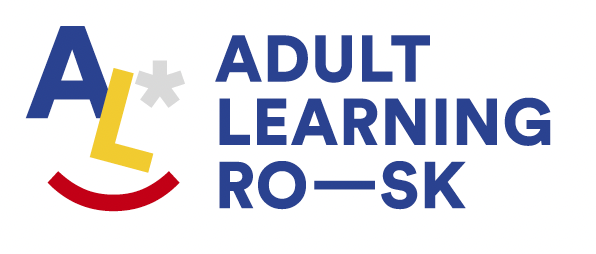20.11.2023
Concordia launches two analysis reports on lifelong learning in Romania
As part of the AdultLearningROSK project, implemented in Romania by the Employers' Confederation Concordia with the support of the European Union, we proudly announce the release of two comprehensive reports dedicated to enhancing societal comprehension of lifelong learning (LLL) in Romania. These reports shed light on the institutional framework for LLL and provide key insights into participation in such programs across the country.
Romania ranks last in the European Union when it comes to adult participation in lifelong learning. Despite Romania's recent commitment to elevate its adult participation in LLL from the current 4.9% to 12% by 2027, the nation lags behind its European counterparts, with a participation rate half the European average of 10.8%.
In Romania, lifelong learning remains a rather sophisticated and inaccessible concept for a large part of the population. We have broad policy proposals and national strategies that have low applicability. These issues deeply and negatively impact our country's economy and it makes us less competitive. To help employers, decision-makers, education providers and society to address these challenges, we have conducted this in-depth research and analysis aiming to bridge this gap by offering targeted recommendations for improved participation in lifelong training programs. (Radu Burnete, Executive Director of the Employers' Confederation Concordia)
The Institutional Framework on LLL in Romania report is an effective tool to navigate through the legislation in force, including in the context of the adoption of new education laws in Romania. Moreover, it identifies legislative obstacles hindering adult participation and maps out key actors in the public policy process. Among the problems mentioned are the poor definition of occupational standards and their lack of timeliness.
The research report - Participation in Lifelong Learning Programs in Romania - employs a statistical analysis based on a national survey of 1000 respondents, along with interviews with employers and employees. Some noteworthy findings include:
28.5% of respondents under 65 who are not pupils or students report participating in on-the-job training in the last 12 months.
The lowest participation rates are observed among 18–24-year-olds.
Reasons for non-participation include lack of time (62%), cost of courses (28%), poor offer of courses (24%) and not feeling the need (39%).
People with a higher socio-economic status participate more in lifelong learning programs, regardless of the area they come from.
Perceptions of the usefulness of participating in training and education programs focus on three dimensions: for personal reasons (75% of respondents), to increase income (36%), and to find a job (26%).
The reports also offer actionable recommendations, such as providing scholarships, implementing mentoring programs, developing hybrid courses, and offering tax incentives for companies facilitating such initiatives.
The Employers' Confederation Concordia, as a key partner in social dialogue and a nationally representative confederation, commits to actively addressing the issue of low citizen participation in lifelong learning. To further this effort, Concordia will organize consultations with relevant stakeholders involved in the regulatory and implementation process.
The reports were produced by the Centre for the Study of Democracy for the Employers' Confederation Concordia.
The Employers' Confederation Concordia represents 15 of the most important sectors of the national economy and is a nationally representative social dialogue partner. With a contribution of more than 26% of GDP and a total of more than 330,000 employees in almost 2,200 large and small companies, with foreign and domestic capital, Concordia is the only organization in Romania member of BusinessEurope, the International Organization of Employers (IOE) and Business at OECD (BIAC).
The AdultLearningROSK project is co-funded by the European Union. The sole responsibility of the content published on this website lies with the author. The European Commission or any other body of the European Union is not responsible for any use that may be made of the information it contains.
Disclaimer: This website was brought to you in part by the magic of AI technology. No human writers were harmed in the process, but rather empowered to strive for excellence and improve their craft. So, if you find a typo, a quirky sentence, or a laugh-out-loud moment, don't blame the humans, blame the algorithms! But seriously, we believe that AI is an opportunity to make things better and more effective, not a threat to take away jobs. So sit back, relax, and enjoy the ride!

